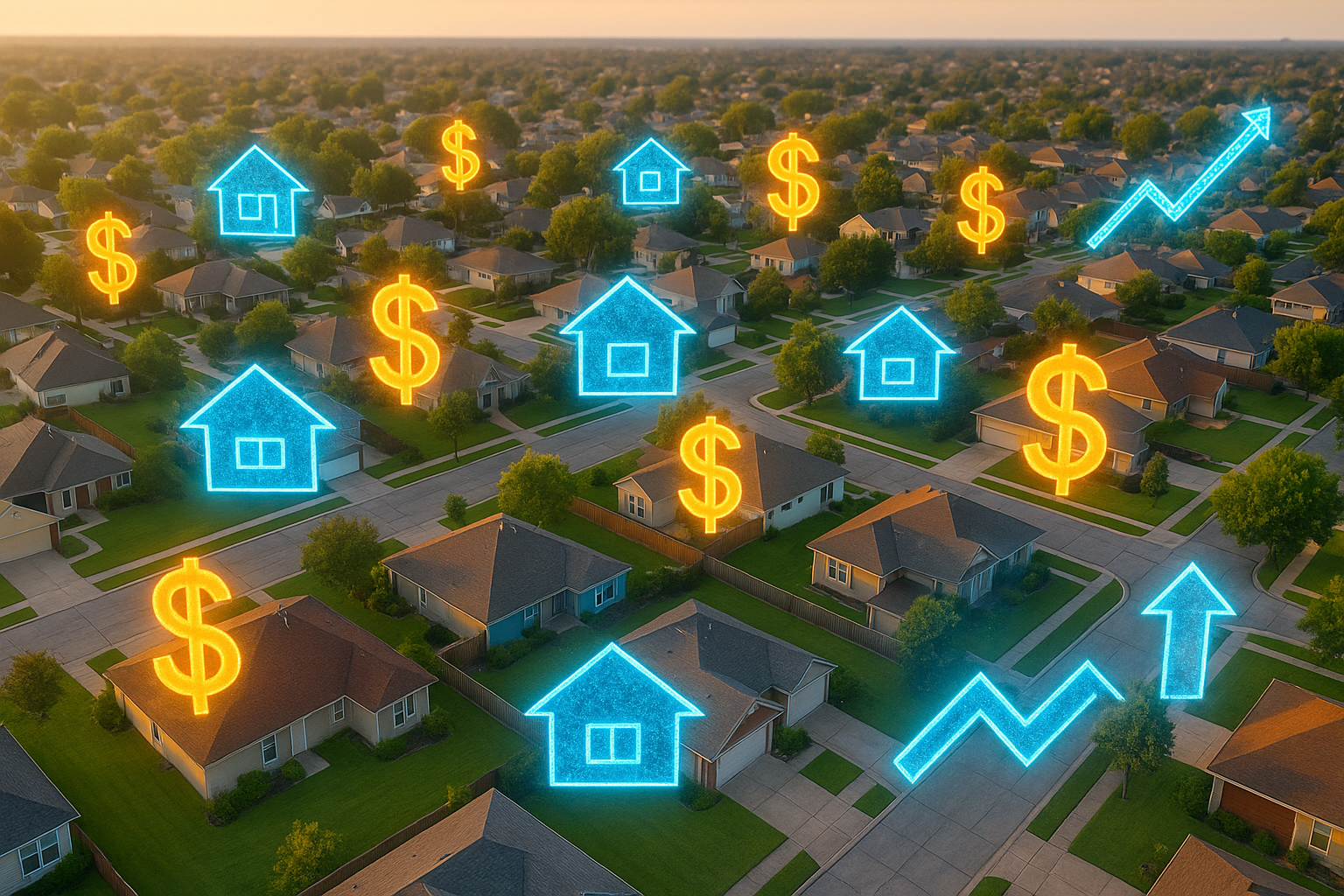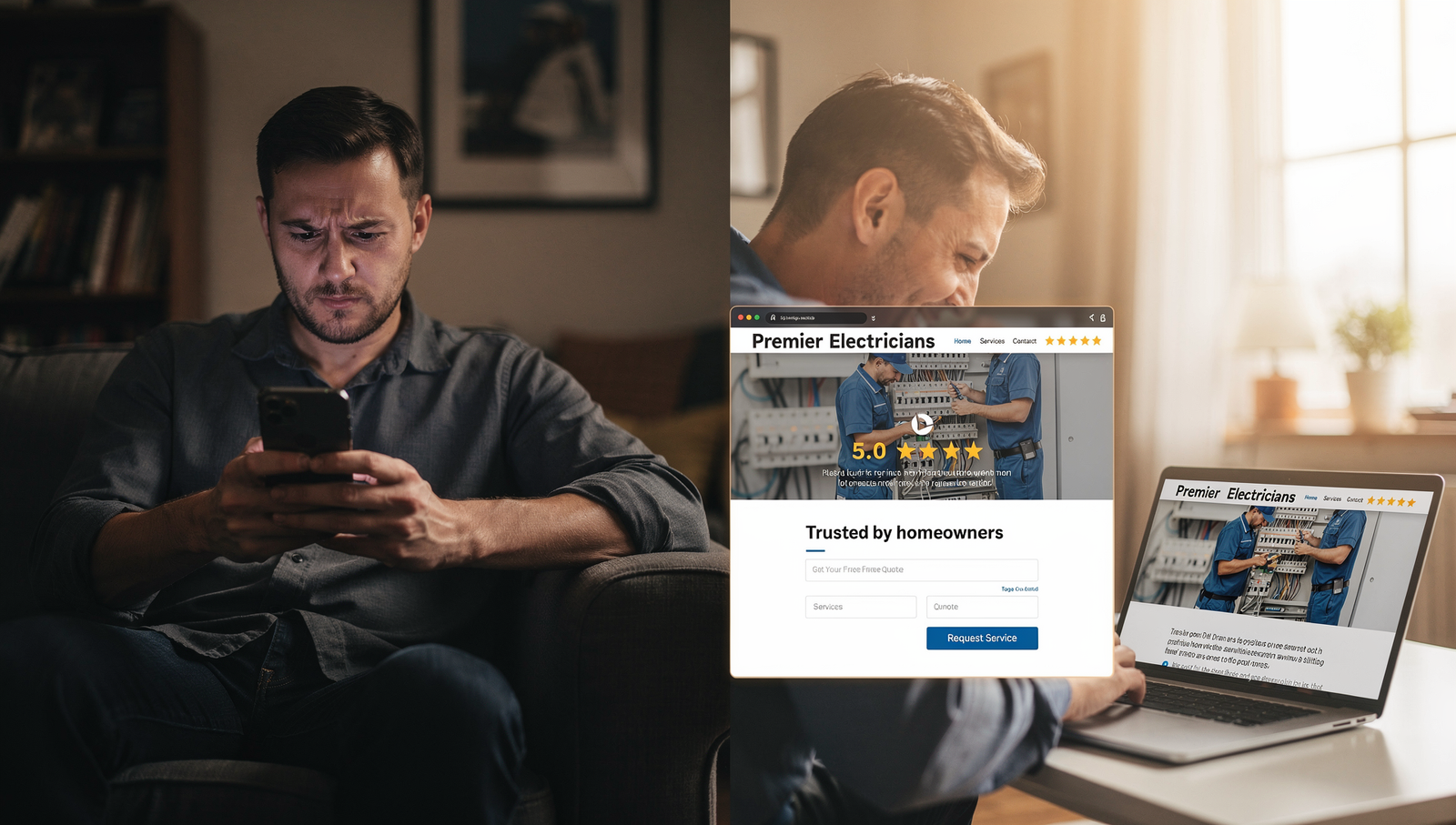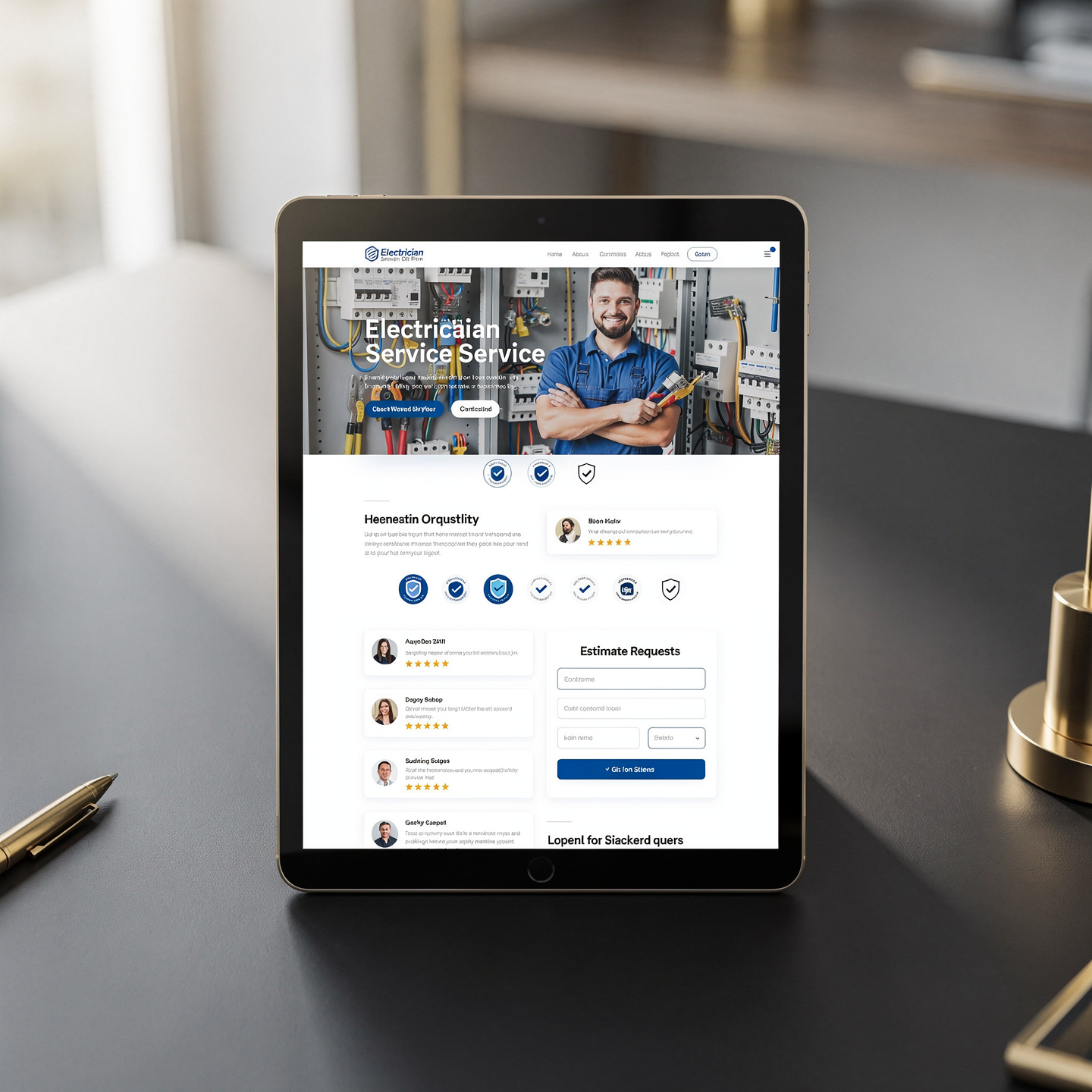8 Real Estate Trends Realtors Need to Watch in 2026

The real estate market forecast 2026 for realtors is shaping up to be one of the most important conversations in the industry right now. Buyers and sellers are looking for guidance, and agents who can confidently predict and explain where the market is heading will position themselves as trusted experts. As a realtor, understanding how to read forecasts, interpret data, and turn insights into action is the difference between staying ahead or being left behind.
In this post, we’ll break down what realtors should know about the 2026 real estate market, how to interpret trends, and how to use that knowledge to build trust with clients and grow your business.
Real Estate Market Forecast 2026 for Realtors: Why It Matters
Market forecasting isn’t about guessing. It’s about using data, history, and emerging patterns to make educated predictions. For realtors, it’s a crucial tool for building credibility with clients who often feel anxious about when to buy or sell.
By staying informed on the real estate market forecast 2026 for realtors, you can:
Guide hesitant buyers with confidence
Reassure sellers about timing their listings
Build stronger marketing campaigns around projected trends
Stand out in your market as the go-to authority
Imagine this: two agents are meeting with the same seller. One says, “The market is unpredictable, let’s just see what happens.” The other pulls out a data-driven forecast, explaining how mortgage rates, inventory, and local demand are expected to play out in 2026. Which one earns the listing? Exactly.
Key Factors Driving the Real Estate Market Forecast in 2026
When evaluating where the market is heading, focus on these main drivers:
1. Interest Rates and Lending Conditions
Mortgage rates are the heartbeat of the market. Even a small adjustment can impact affordability. If rates stabilize or dip in 2026, expect buyer demand to rise. If they climb again, sellers may need to be more strategic.
2. Housing Supply and New Construction
Inventory levels continue to shape pricing power. With builders ramping up in many markets, 2026 could see a healthier balance. Realtors who specialize in new builds can position themselves perfectly to serve this segment.
3. Demographics and Generational Shifts
Millennials are still buying, Gen Z is entering the market, and boomers are downsizing. Understanding these shifts is critical. Your marketing and lead capture tools should reflect the needs of each group.
4. Localized Trends
The national forecast matters, but realtors win by zooming in on their local markets. Housing trends often differ widely between states or even neighborhoods. That’s why pairing national data with your own MLS reports is so powerful.
How Realtors Can Use Forecasting to Win Clients
Having information isn’t enough. The real skill is in making it digestible for your clients. Here’s how:
Create Market Reports: Use forecasting data to produce simple, branded updates. (See our post on realtor monthly market report templates for step-by-step guidance.)
Educate Through Content: Blog posts, videos, and social media updates on upcoming trends build authority and SEO presence.
Update Your Scripts: When cold calling or following up, integrate market insights to start stronger conversations. (Check out our post on realtor cold calling scripts for listings.)
Leverage Tools and Tech: Platforms like IDX websites and CRM dashboards allow you to combine live market data with client outreach.

Turning Forecasts Into Marketing Power
Forecasting isn’t just about numbers; it’s about marketing. Here are practical ways to use forecasts in your business:
Email Campaigns: Send a quarterly “What’s Next in Real Estate” newsletter to stay in your clients’ inboxes.
Social Media Posts: Create graphics comparing last year’s data with 2026 predictions.
Lead Magnets: Offer a downloadable guide on “2026 Housing Predictions for [Your City]” to capture leads from your site.
Seller Presentations: Walk into every listing appointment with forecast-backed talking points.
When you combine this with a strong online presence, you can dominate your market. (If you haven’t already, read Best Free Tools for Realtors and Facebook Ads vs Google Ads for Realtors to see how to amplify your reach.)
Tools Realtors Should Use for Forecasting
Even if you’re not a data analyst, you can still forecast effectively. Here’s a quick toolkit:
MLS Market Snapshots: Always start local.
NAR and Realtor.com Reports: National Association of Realtors forecasts are gold.
Google Trends: Track search spikes for terms like “homes for sale [city].”
IDX-Integrated Websites: With platforms like Digital Dream Homes, you can pull live data directly into your client-facing tools.
Pair these tools with smart CRM usage. Our post on the Top 5 Best CRMs for Realtors covers systems that make data management simple.
Scenario Examples: How Realtors Can Apply the 2026 Forecast
Let’s look at two real-world examples:
Scenario 1: A Buyer on the Fence
A client says, “Maybe I’ll wait to buy in 2027 when things calm down.” You explain how mortgage rates are predicted to hold steady in 2026, and waiting might mean facing higher prices. You’ve just turned hesitation into action.Scenario 2: A Seller Who Thinks It’s the Peak
A seller fears the market will crash. You show them inventory projections for 2026, explaining how new construction is likely to balance supply and demand, which could moderate price growth. They now see listing sooner as the smarter play.
Both situations position you as the informed guide, not just another agent.
Using Forecasting to Grow Online Authority
Here’s where things get exciting: forecasting doubles as an SEO and branding play. Writing about the 2026 market, creating videos, and sharing insights all help your name pop up when potential clients search online.
For instance, pair your forecast blog with posts like Real Estate SEO Best Practices, Real Estate Website Conversion Tips, and Local SEO for Real Estate Agents to create a cluster of authority content. This helps you attract sellers searching for trustworthy agents who understand both the market and digital strategy.
The Bottom Line
The real estate market forecast 2026 for realtors is more than just numbers; it’s a roadmap for building trust, winning listings, and growing your online authority. Agents who understand how to interpret and present forecasts will separate themselves from the competition.
If you’re ready to position yourself as the go-to realtor in your market, start by upgrading your online presence. At Digital Dream Homes, we build luxury, lead-driven websites that not only showcase your brand but also integrate the forecasting and market tools you need to shine.
Book a free consultation with Digital Dream Homes today and let’s make sure you’re the realtor clients trust in 2026.
Matt Pieczarka
Want a Free Website Audit?
Fill out your information below and we will send you a personal screen share video of tips on how to make your actual website better!
See How Many Closings You're Losing to Zillow!
Click Here to Use our Calculator to See How Many Clients Zillow is Taking From You Per Year!
Some More Posts About Strategy and Growth…
- Marketing Plan For Small Business 2026 Every Owner Should Copy
- Benefits of Professional Website for Small Business: The Hidden Profits
- How to Get More Referrals for Small Local Business Fast
- Customer Retention Strategies Small Business Owners Never Hear About
- How Small Businesses Compete Online And Actually Win In 2026
- Blogging for Small Business Growth: 2026 Profit Multiplier
- Sales Funnel For Small Business Website That Prints Money
- What Is A Listicle And Why Your Website Desperately Needs One
- Strategic Website Design That Turns Small Business Clicks Into Clients
- The Simple Blueprint to Explosive Small Business Growth
9 Functional Medicine Website Designer Tips to Grow Faster
9 Functional Medicine Website Designer Tips to Grow Faster Watch the video to learn one psychological SEO trick to build more trust and get more leads from your website! Wan
7 Functional Medicine Website Design Moves That Get Patients
7 Functional Medicine Website Design Moves That Get Patients Watch the video to learn about the best layout to get more leads and patients guaranteed! Want More Clients Fast
11 Electrician Website Designers That Turn Clicks Into Calls
11 Electrician Website Designers That Turn Clicks Into Calls Watch the video to learn the best layout for best results! https://youtu.be/XaEbNPZxi0U?si=kT1Cru8S2SMJSPNx Want More C
11 Electrician Website Help Fixes That Turn Clicks Into Calls
11 Electrician Website Help Fixes That Turn Clicks Into Calls Watch the video to learn how to structure your website for the best return on investment! https://youtu.be/XaEbNPZxi0U
11 Electrician Web Design Company Questions to Ask
11 Electrician Web Design Company Questions to Ask Watch the video to learn the best website layout for the most lead conversions! https://youtu.be/XaEbNPZxi0U?si=SgxjOWdd7F6f4Mtg
13 Electrician Website Templates That Turn Clicks Into Paid Jobs
13 Electrician Website Templates That Turn Clicks Into Paid Jobs Watch the video to learn the best template layout for the best results! https://youtu.be/XaEbNPZxi0U?si=rGg1WlUWlmH
11 Electrician Website Services That Bring In More Calls
11 Electrician Website Services That Bring In More Calls Watch the video to learn the best website layout for the best results https://youtu.be/XaEbNPZxi0U?si=rGg1WlUWlmHTg73v Want
12 Electrician Website Upgrades That Win More Jobs
12 Electrician Website Upgrades That Win More Jobs Watch the video to learn the best website layout to get the most bang for your buck! https://youtu.be/XaEbNPZxi0U?si=uFqsnSFvenQ1
5 Electrician Website Design Company Upgrades That Win Jobs
5 Electrician Website Design Company Upgrades That Win Jobs Electrician website design that earns trust fast and drives more calls. See the must-have upgrades and book more jobs. h









